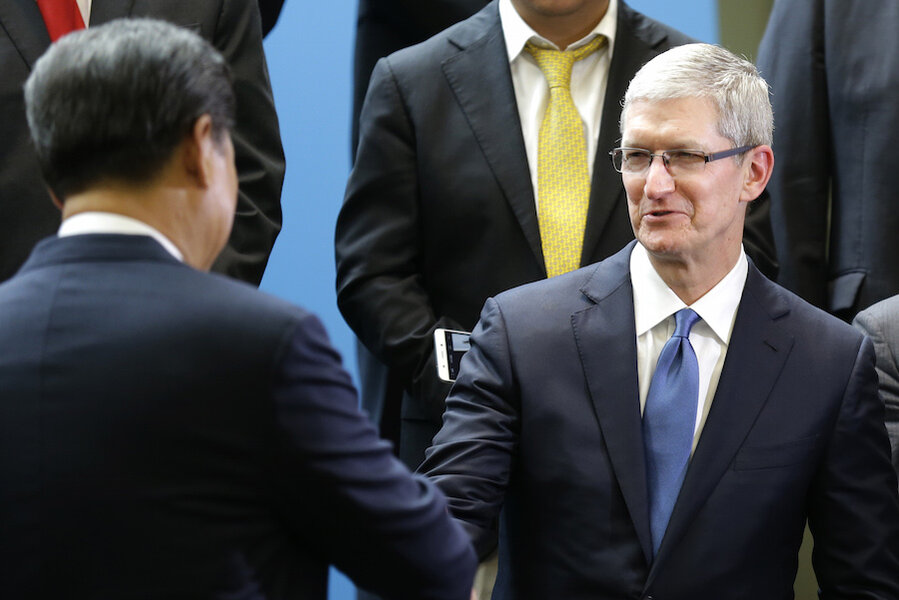With the rise of tech giants and competitive approaches to attracting and keeping talent, stories of extravagant employee benefits are heard every day – from unlimited vacation time to in-office massages. The efforts to court employee satisfaction and approval are at all time highs. In light of such efforts, a list of CEOs ranked by employee satisfaction would include the tech giants’ corporate leaders at the top, right? As it turns out, that assumption is wrong.
Glassdoor.com conducted a 2015 survey to rank CEOs by employee approval, with thousands of employees weighing in on how they felt about the chief executives of their companies. These are the top 10. While some of the expected tech faces made the cut, they were far from the majority.
Coming in at number 10 on the list is the well-known and beloved CEO of Apple, Tim Cook. Mr. Cook became the chief executive officer of Apple after Steve Jobs passed away in 2011.
Cook joined Apple in 1998, working in worldwide operations. After working as senior vice president of worldwide operations, he served as executive vice president of worldwide sales and operations and was chief operating officer for almost two years before moving into the role of CEO.
Cook is noted as the first CEO of a Fortune 500 company who publicly identifies as gay. He also holds strong views on going green, sustainability, and climate change. He made the news in 2014 when challenged by a think-tank over Apple’s sustainability and climate change activities affecting the company’s bottom line. The CEO responded, saying, “If you want me to do things only for ROI [return on investment] reasons, you should get out of this stock.”
Cook holds an employee approval rating of 94 percent.








